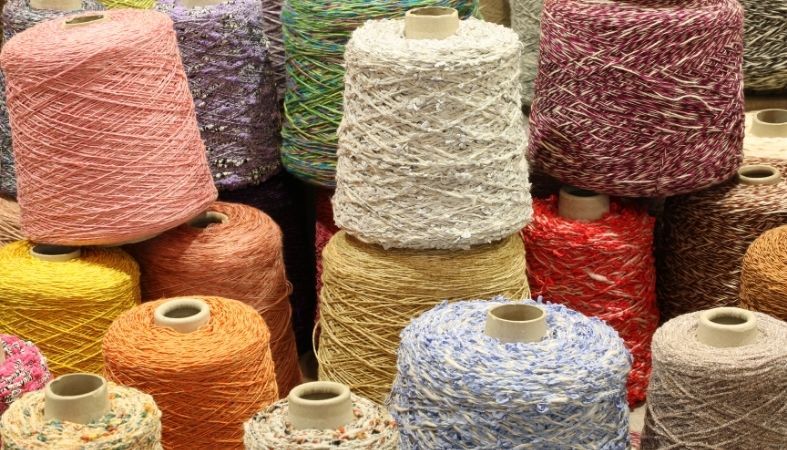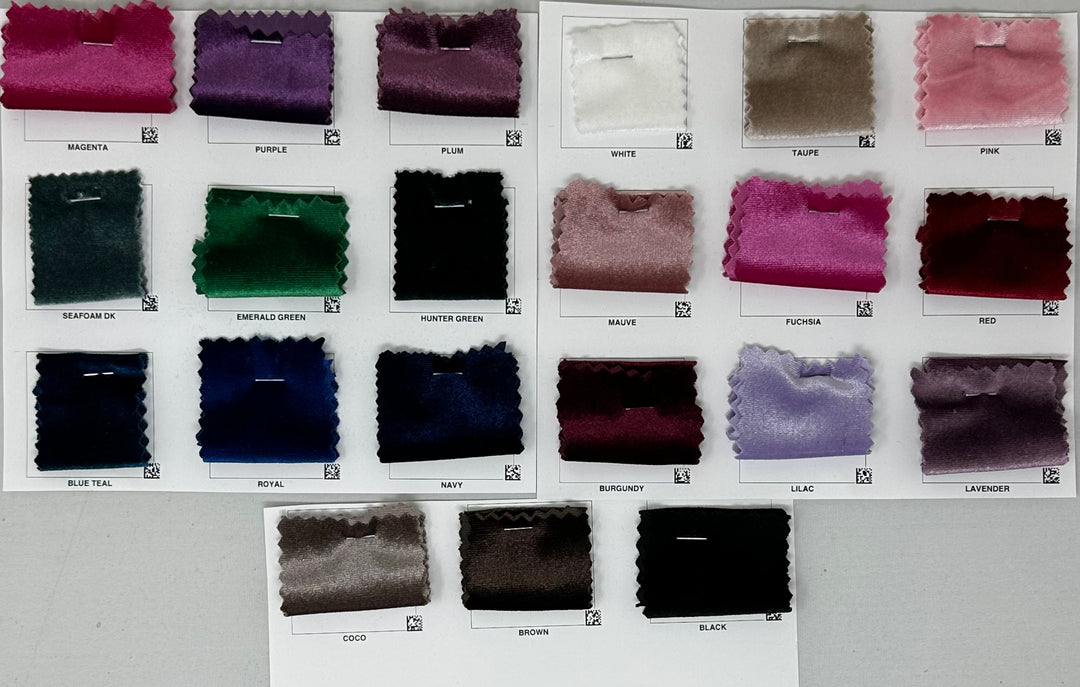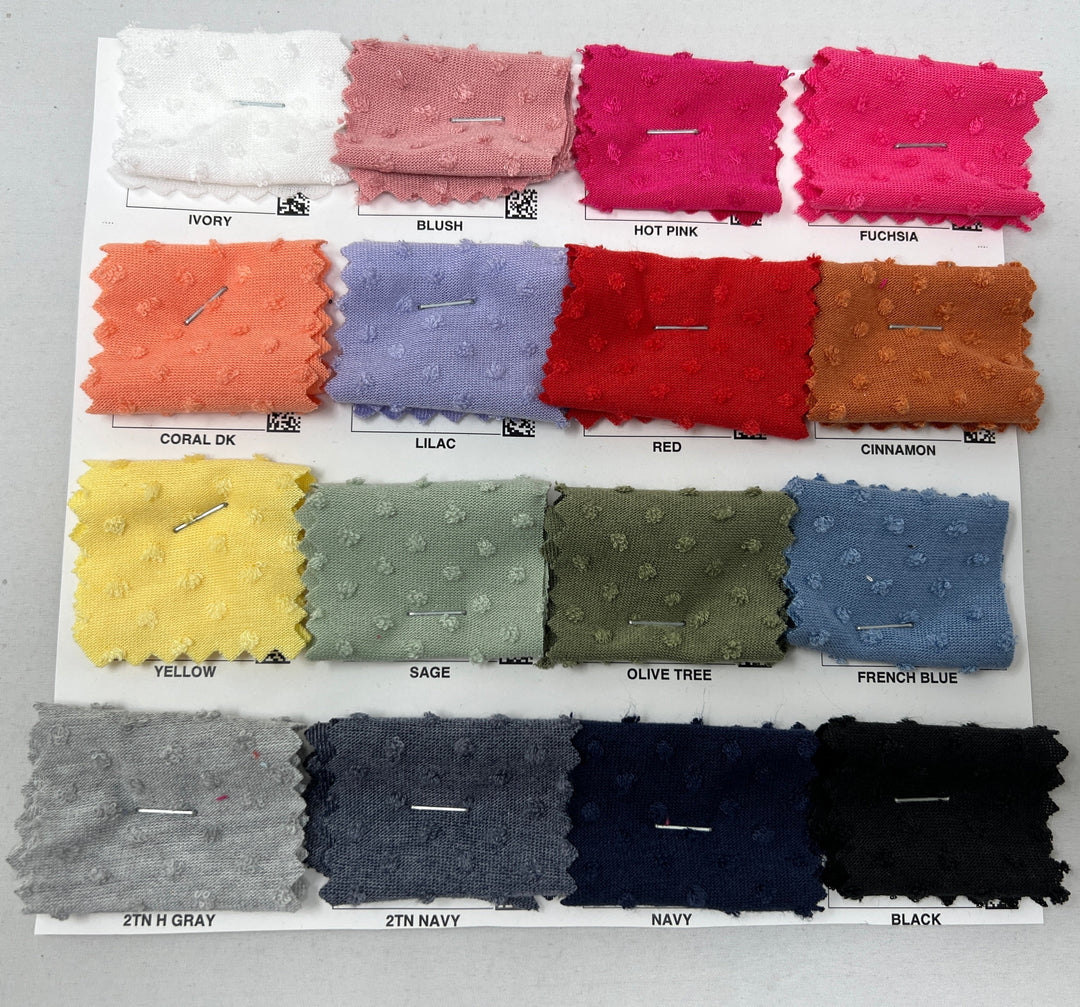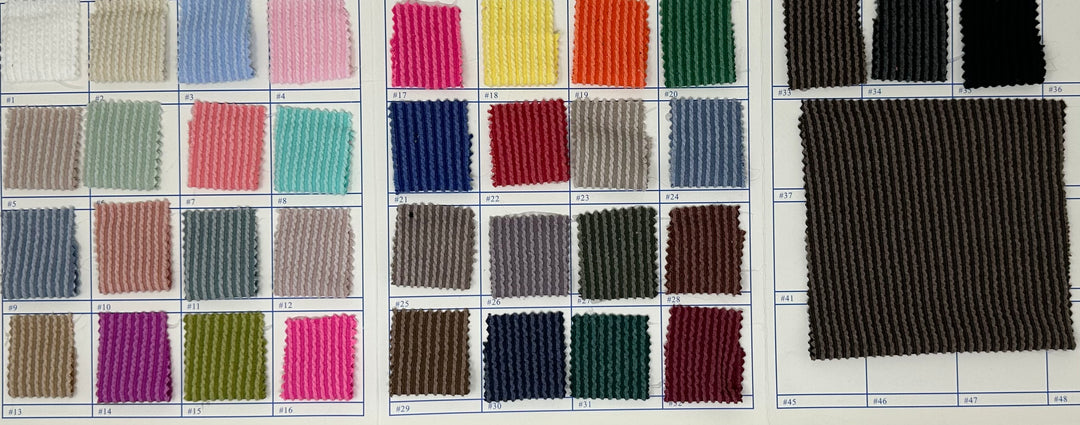Wholesale Vs. Retail: A Quick Guide for Small Businesses


For small businesses, it’s important to understand the various components within the supply chain and the variations of those components, especially when working with textiles. Such distinctions carry greater weight for you than they do for larger businesses. This allows you to optimize the process to ensure you’re getting quality materials in a timely and affordable manner. Here is a quick guide for small businesses on wholesale versus retail.
What Is Wholesale?
Wholesalers sell to businesses and outlets rather than directly to the end-user because they focus on selling large quantities of materials and products in bulk in order to drive down costs. For example, Liverpool knit fabrics are sold by the yard; so it’s easy to sell a much larger quantity of fabric than it is to sell a smaller, tailored amount. This will be ideal as your business grows and your own demand for larger quantities of supplies and materials become necessary. Buying bulk from retailers solves that growing need without breaking your budget since the more you buy from a wholesaler, the less money you’ll be paying per product.
What Is Retail?
Retail, on the other hand, sells directly to the end-user. Examples of retailers are department stores, online stores, and brick-and-mortar stores. The quantities they sell are, as a result, much smaller in size; they provide products rather than raw materials to be made into said products. If you’re buying from a wholesaler, for example, you yourself are probably the retailer if you’re using those materials to create a “final product” to sell to customers (“end-users.”)
Similarly, if you’re buying particular goods and products for your own business—such as machinery—you will be buying directly from a retailer. You might need a new sewing machine for your tailoring business, but you won’t be in the market for 100 sewing machines because that’s not what you’re trying to sell.
Which Is Right?
To cap off this quick guide for small businesses on wholesale versus retail, intention is the best thing to keep in mind. You source your raw materials from wholesalers, which makes you the retailer, while buying retail is for niche and single needs. As a small business, you’ll likely always be a retailer as you won’t be able to provide enough supply to become a wholesaler. If you want to grow into a wholesale business, establish and grow your brand until the demand becomes widespread enough and you have the means to develop your goods on a larger scale.















